Happy St. Patrick’s Day! Traditionally it is a time to gather and enjoy each other’s company – perhaps something that we have gained a new appreciation for over the past year.
I remember St. Patrick’s Day last year.
A small family gathering, green things, laughter, uncertainty as the news of the pandemic unfolded around us. For us, as for many here in Ontario, the day before was our last day of “normal”, although we probably did not realize it.
Only 6 days earlier, on March 11, the World Health Organization had declared COVID-19 a global pandemic.
On March 17 Ontario announced a state of emergency, and the first closures as a result of the pandemic.
I remember tracking the developments leading up to St. Patrick’s Day last year with great concern.
But in reflection, even with some knowledge of past pandemics, I had no real understanding of what the pandemic would really mean for us, and for the year ahead.
One year ago, did anyone, really, outside of health care professionals, know the road we were all facing? And yes, I know we are nowhere near the finish line yet, but vaccines have started to provide a glimmer of hope.
Looking back on the past year, who could have foreseen the path that we would all collectively walk since we went into our first lockdown on March 20, 2020?
New terms have become part of our everyday vocabulary: social distancing, asynchronous, lockdown, flattening the curve, self-isolation, PPE, essential worker, zoom, and many more.
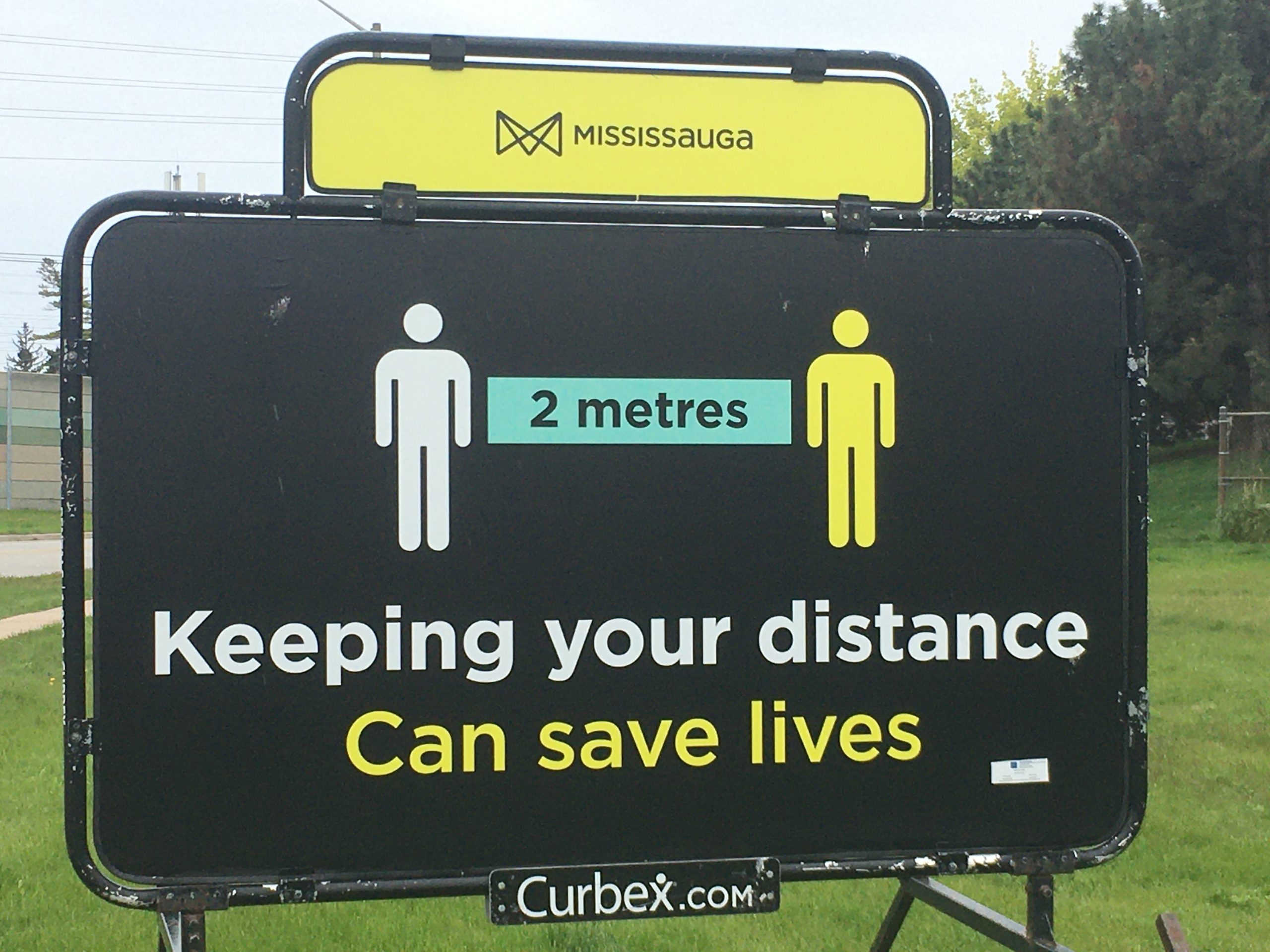
In those early weeks, toilet paper and hand sanitizer were revered, treasured, hoarded. Who could have foreseen that face masks would not only become part of our everyday wardrobe, but evolve into a fashion statement?
History gives us the luxury of hindsight, and also the glib realization that, really, we should have seen it coming. But really, who at any point in history can say that with clarity in the moment?
We have come to learn that pandemics are not a new concept over human history, albeit it was a relatively new concept to us collectively.
Much has been said about the comparisons to the Spanish Flu of 1918-1920, and the similarities are striking: social distancing, business closures, quarantines, health care challenges, staggering mortality, and masks as part of daily life in 1918, much in the same way they are at this moment in time.
The Spanish Flu came in “waves”, similar to what we see today with COVID-19 and its variants. Although most would suggest that the term “waves” is inaccurate – rather that the virus responded to human actions.
Restrictions and measures enacted in response to the pandemic reduced the spread of the virus, but with the relaxing of restrictions, exposures and infections increased – cause and effect.
In retrospect we can see this relationship in the news from 1918-1920, just as we can see it today. One thing is perfectly clear, then and now: there are no perfect solutions.
In reflecting on the past year, on the individual and collective challenges that we have faced, and again acknowledging that we have not yet reached the end of this winding road, I am drawn most to thinking of the precious little moments and “discoveries”.
The pandemic forced us to find new ways to connect, to express ourselves, and celebrate. A broad new array of virtual programs and experiences have opened, or at least entered mainstream conversation.
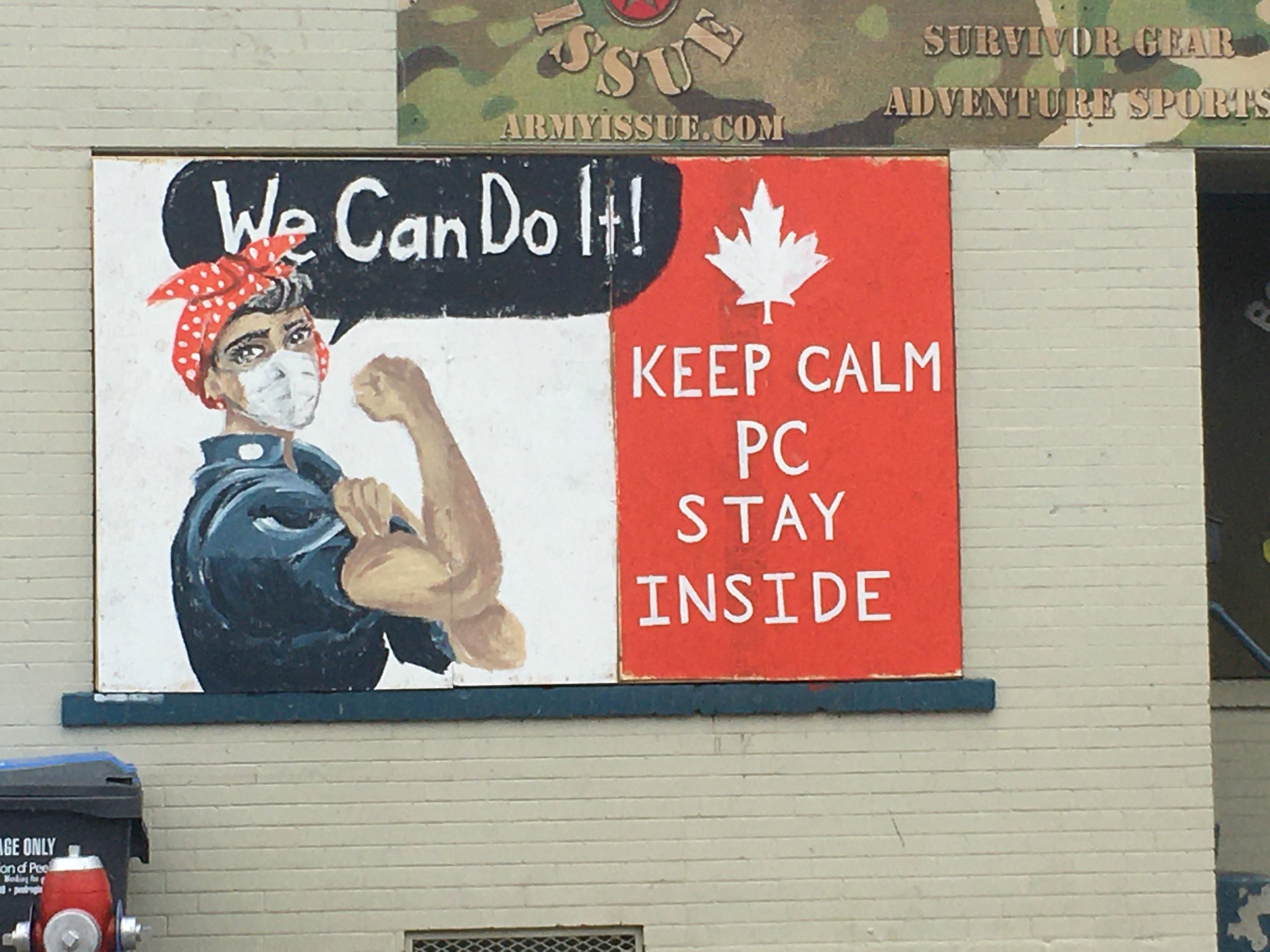
Personally I have taken virtual tours of Iceland and Wales – not that such a tour replaces the real thing, but they offered fascinating windows of exploration, and neither was on my radar previously.
In terms of outreach programming, I have met virtually with students enrolled at Cape Breton University, although the students were mostly living in Western Canada, and have delivered a presentation to Canadian Armed Forces School for participants living in Latin America – talk about new opportunities for engagement and connections!
In many ways, the pandemic has reinforced the concept of how truly small and interconnected our vast world is, and how, around the world, the virus has touched everyone, everywhere.
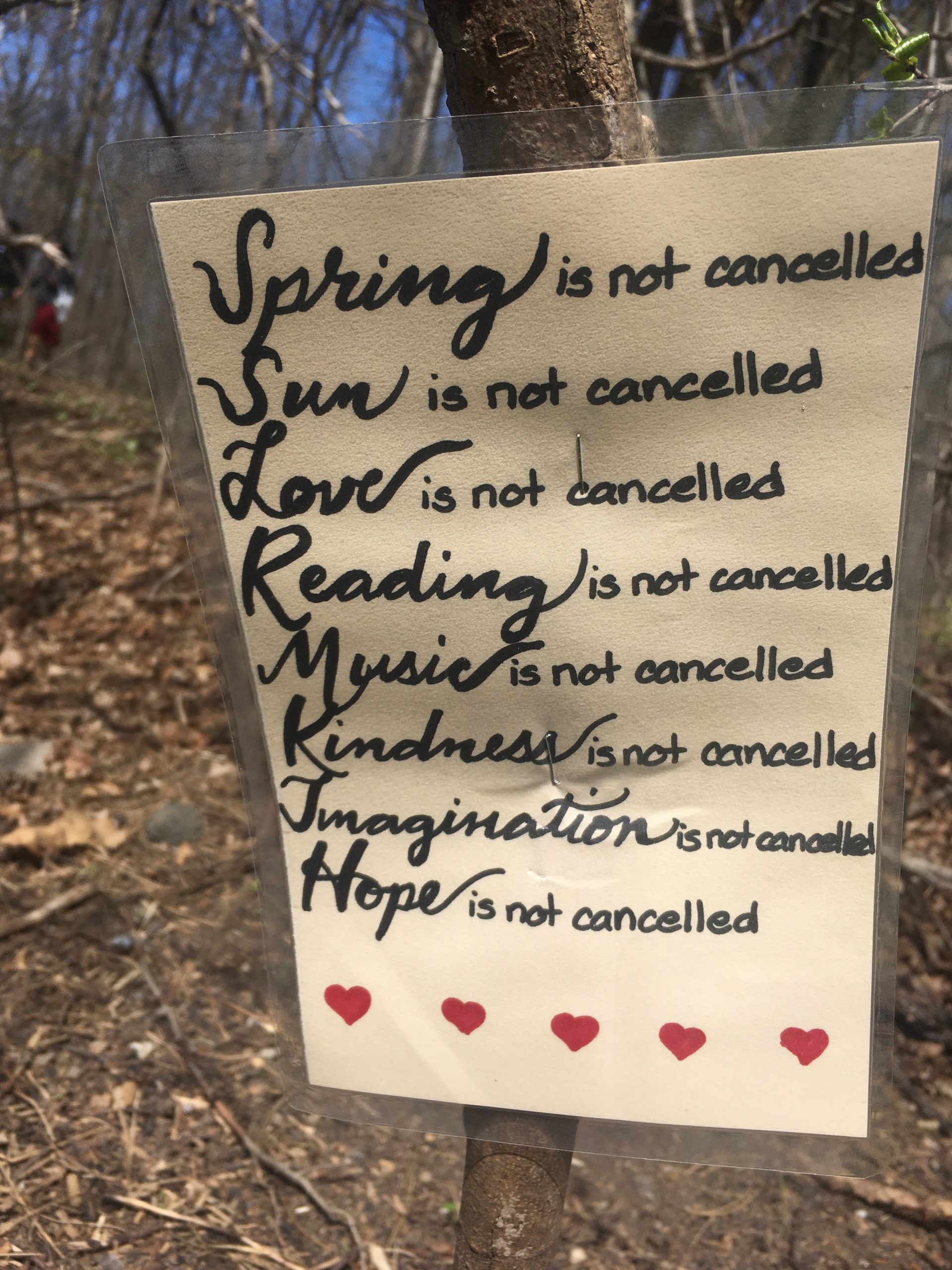
The impacts are not equal, of course, here at home or abroad, and they will be long-lasting. But perhaps, just maybe, COVID-19 has opened a new window, a perspective, on what it means to be neighbours.
Certainly there have been heart-wrenching moments over the last year as well, and I do not want to diminish the importance of those moments of challenge and loss.
There are those for whom COVID-19 has been their darkest, seemingly unending hour.
I think of the impacts on Long Term Care, and on our health care providers. Bless them for the work that they do, and the care and compassion they provide.
But there were heart-warming moments too – of families and neighbours finding ways to support each other, to gather, engage and support each other in new ways.
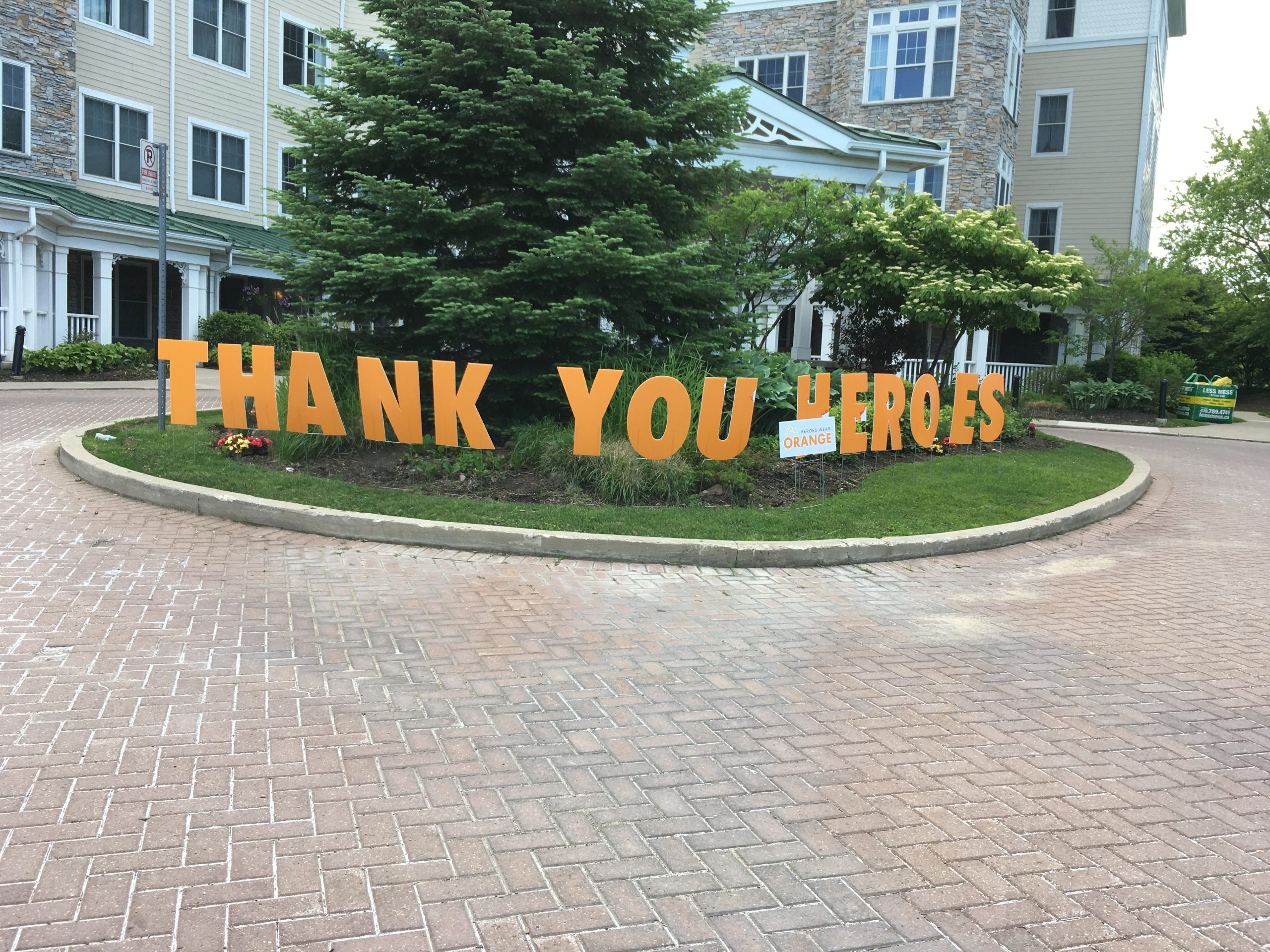
Collectively we have seemed to find a renewed appreciation for walking the streets of our neighbourhoods, of pausing in the mad rush of daily life to embrace an opportunity to walk outdoors on our trails and explore our parks.
Painted rocks with inspirational messages and signs of encouragement proliferated, even as we saw printed signs announcing closures and social distancing.
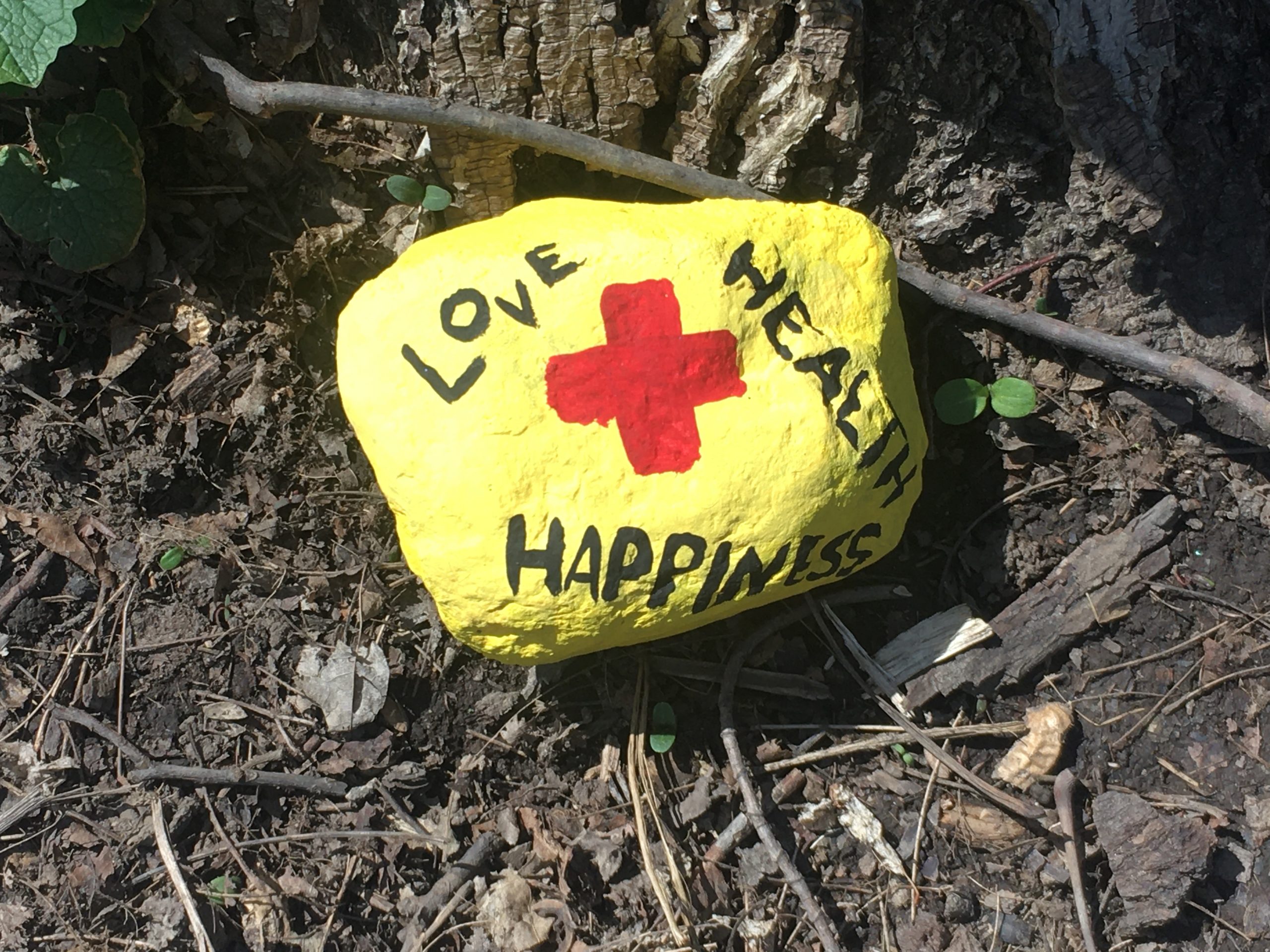
Social media groups, while not new, have increased tremendously as they have offered other avenues of expression, connection and reminiscing.
Ancestry has reported a spike in interest in genealogy. And I must thank Mississauga historian and author Alan Skeoch for continuously regaling us with fascinating stories of the paths he has walked and the stones he has turned over in his life. All help to remind us that we are connected, even in isolation.
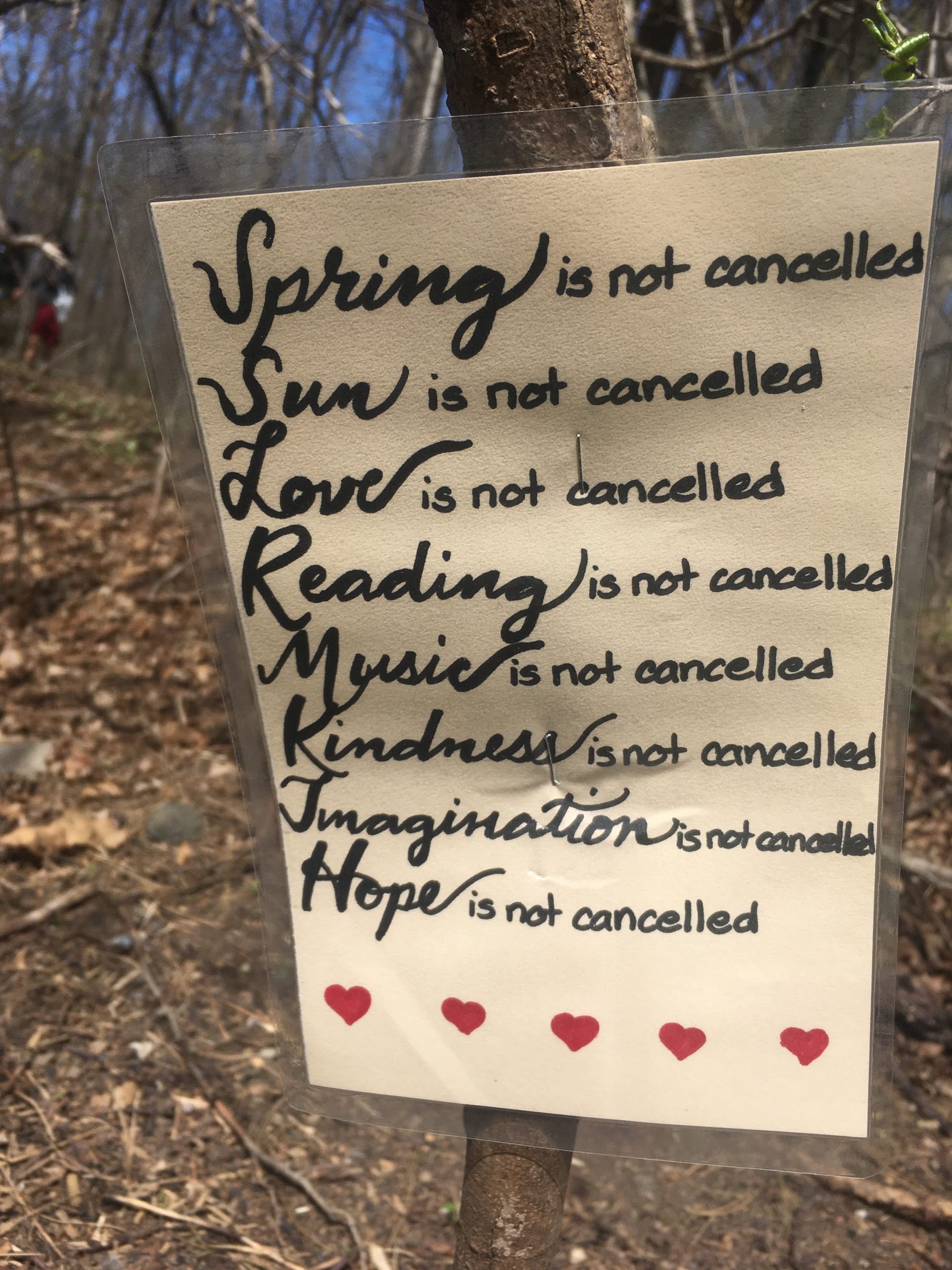
The past year has, without a doubt, been a year of challenges.
We have seen violence, social upheaval, election turmoil, and clashes of race.
We have also seen a long-needed and evolving re-evaluation of our social discourses, racial and cultural relationships, and our ingrained colonial perspectives.
As with the virus, we face a long road in this conversation, albeit a conversation that is sorely and long overdue.
The past year has been challenging, without doubt.
It has pushed us to adapt, to change, and to develop new ways of doing and thinking. And we know that it has not affected everyone equally.
Certainly we miss the warmth of close contact and the simple joys of family gatherings, but we have blessings too.
Collectively, as a society, there will be a time when we can look back and reflect on this time of monumental upheaval, and hopefully, we will be able to reflect on the positive changes that have occurred amongst all of the challenges presented by these days of COVID-19.
On this St. Patrick’s Day, I wish you sláinte mhaith (good health)! Cheers!
This article was also shared on the Modern Mississauga website. You can read that here: https://www.modernmississauga.com/main/2021/3/17/wayback-wednesday-happy-stpatricks-day-bliain-ina-dhiaidh-sin-one-year-later
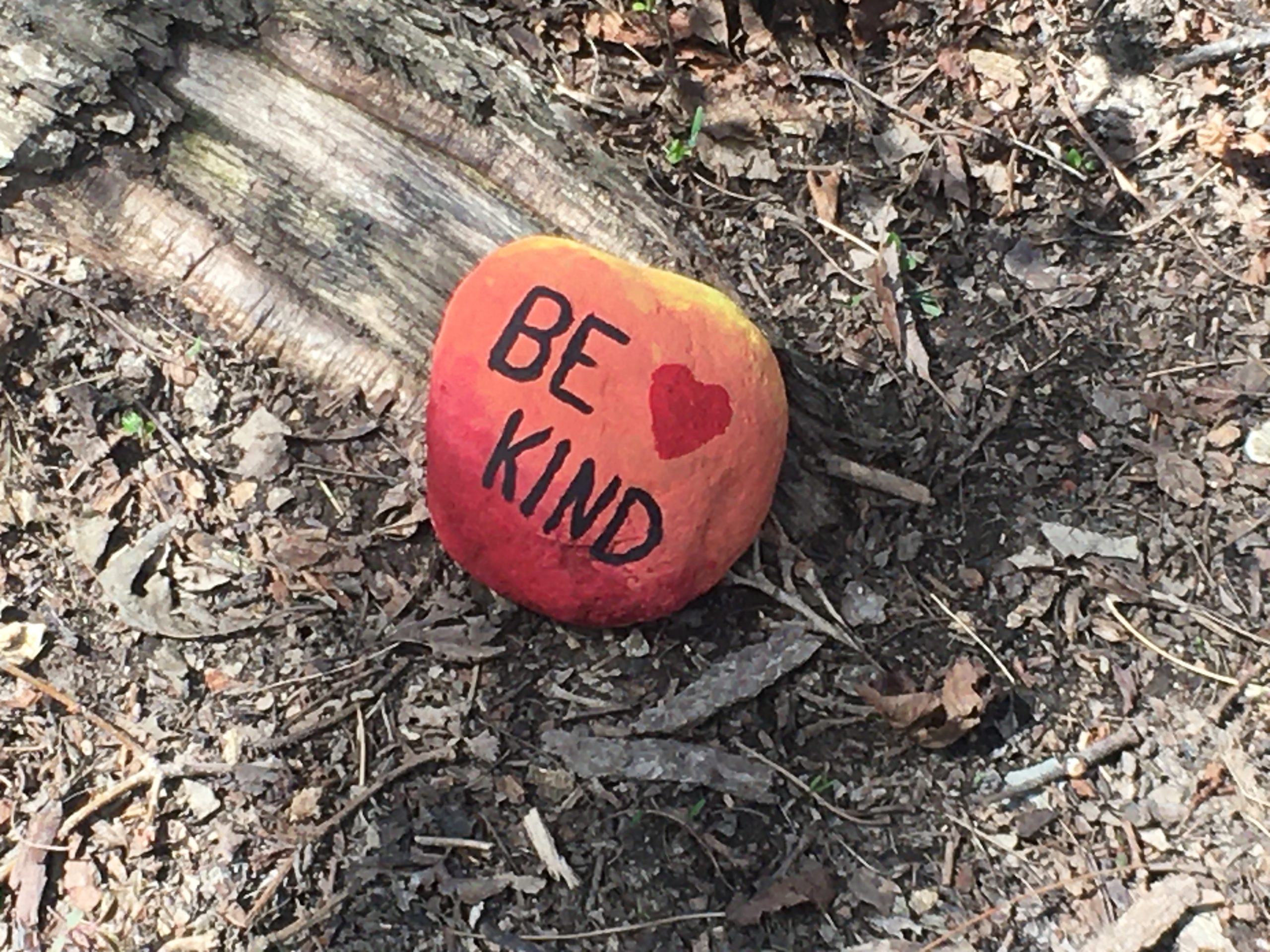



Comments are closed.